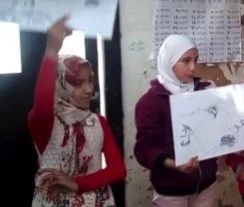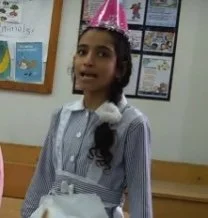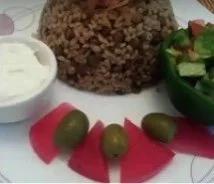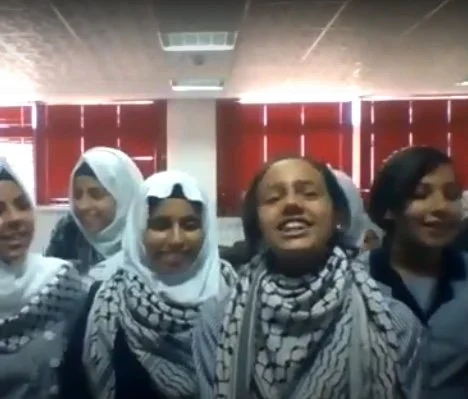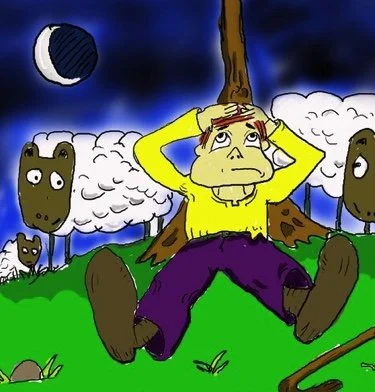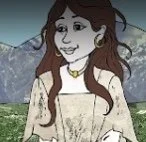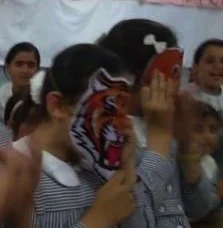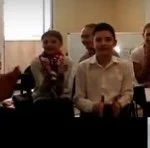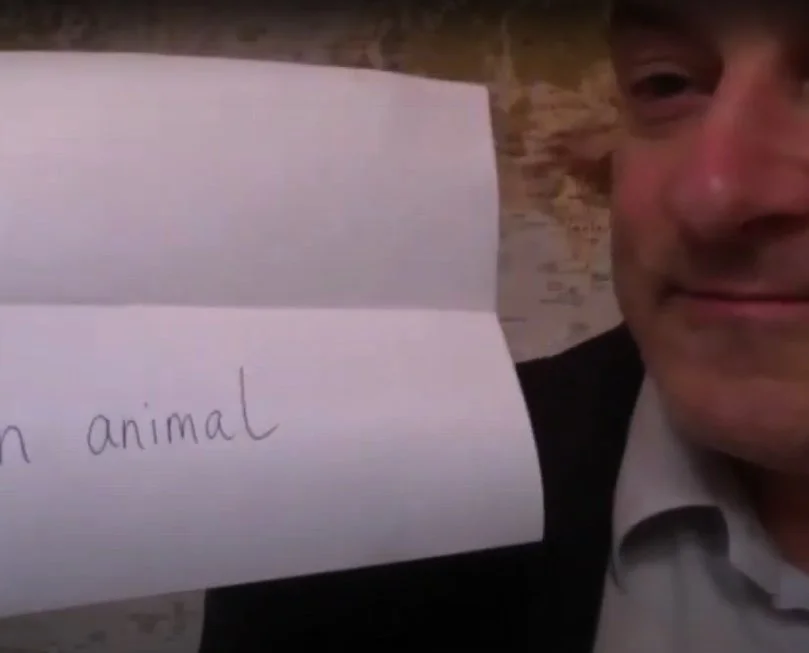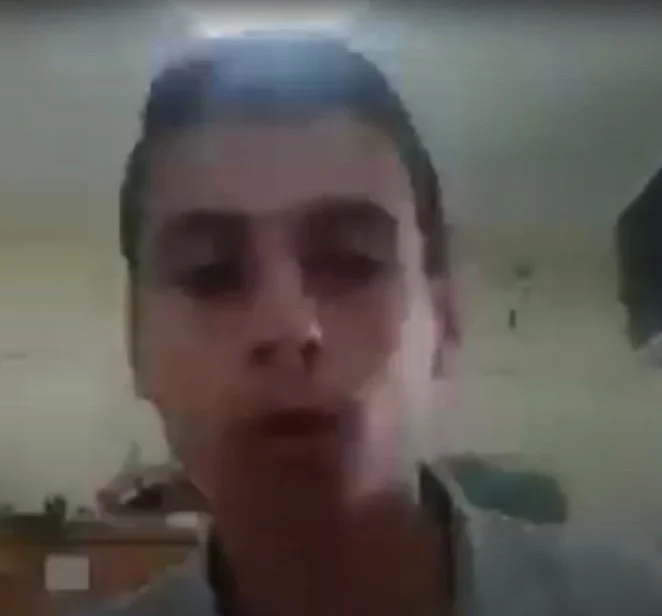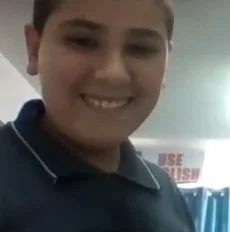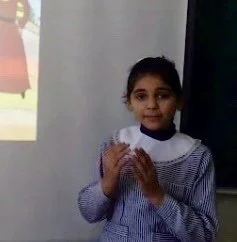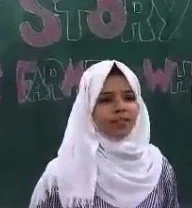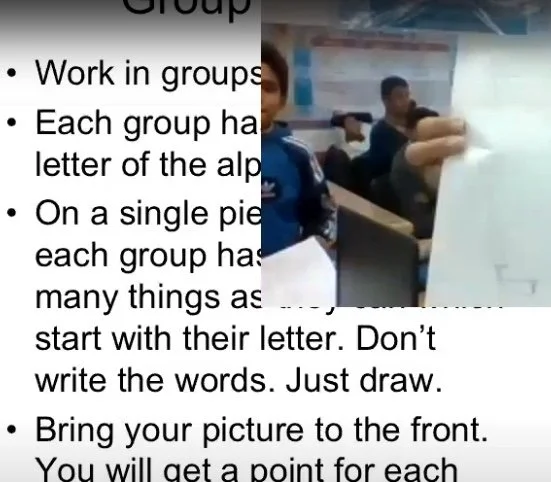In 1990, when I first took some training to be a teacher of English as a foreign language, we were strongly encouraged to use the PPP (Presentation, Practice, Production) framework for planning lessons. Here's a reminder of how it works...
Read MoreI've always been very keen on information gap activities; the kind of thing where students work in pairs and where one student has one set of information and the other student has a different set and they have to communicate to somehow pool what they know. The classic example of this is 'Spot the differences'.
Read MoreWe have another guest post this week - this time from not just one teacher but two! Alexandra Guzik, teaches English at the Follow me to English school in Krasnodar, Russia and Sahar Salha teaches at the Elementary co-ed “A” UNRWA school in Beit Hanoun, Gaza. This post is about a really nice cross cultural learning experience that they set up through the Hands Up Project.
Read MoreA few years ago I attended a really interesting talk by Jane Willis at an IATEFL conference somewhere. The talk was about using task based learning in challenging circumstances, and there was a point when one of the teachers in the audience was telling everyone about her particular challenge of trying to get learners to use English (rather than mother tongue) to do group work tasks in the large classes of low level learners that she taught.
Read MoreThis week we have a guest post from Henritte Sudah, who teaches English at Zababdeh girls secondary school, Jenin, Palestine.
Read MoreOver the past two months, along with doing lots of online sessions myself, I've been running several series of online training sessions with dedicated teachers in many different places around the world, who have given up their time to volunteer with the Hands Up Project.
Read MoreI've been so busy lately I haven't had much time for blogging, but this week we've got something special - a guest post from Amal, an English teacher who works with teenagers at the UNRWA school in the Khan Younis refugee camp, Gaza.
Read MoreLast week we arranged a live link up between her students and a group of grade 12 students at a secondary school here in the UK. Here’s Amal’s post about what happened…..
Read MoreDespite all the hype about learning styles in recent years, it's a well known fact, backed up by research, that our ability to remember images outperforms our ability to remember other forms of data, such as written words, sounds, or smells. In one study, cited in Medina (2008), people were shown 2500 different images - each one for just 10 seconds.
Read MoreTeacher's aren't doctors but sometimes we're made to feel like we are :-) I was at a conference recently and a teacher came up to me with a wry smile on her face. 'I have a problem,' she said. 'You know that chant you did in your workshop last year? It goes like this ...Juha! Juha! What are you going to do? The cat came home and ate the meat and nothing's left for you!
Read MoreThe difference between theatre and classroom drama is that in theatre everything is contrived so that the audience gets the kicks. In the classroom, the participants get the kicks.'So how can second language learners benefit from performing in a play?
Read MoreLast Saturday we had a rather special zoom meeting between Sahar Salha's class at the Elementary co-ed “A” UNRWA school in Beit Hanoun, Gaza and Alex Guzik's class of kids in Krasnodar, Russia.It started with the Russian children performing their own excellent interpretation of the traditional Palestinian story, The Farmer who followed his dream.
Read MoreA while back I saw a pretty impressive video on youtube and since then the images from it keep filling my head. It begins with a camera shot from space showing earth as a distant object and then gradually moves closer and closer, zooming in on the world, the continent of Europe, the UK, London and then, eventually streets, houses and finally people become visible.
Read MoreA few weeks ago I was one of the speakers at the IATEFL Pre-conference event organised collaboratively by the C Group and the Global issues special interest group. Towards the end of the day we were given a talk by Julie Pratten about her project Heart ELT which has set up a school in a refugee camp in Iraq. At the beginning Julie gave us all a blank postcard and told us that we would be doing something with it later. As she approached the end of her talk she asked us to use the postcard to write a message to the children in the camp.
Read MoreMost of what I'm doing in my online sessions with kids uses material from here but this week I want to focus on something a bit different. One area of storytelling that I haven't really looked at so far with these posts is working with picture books. With very young learners especially, I've often felt that if all teachers ever did was tell their kids stories from these books, then something very useful would be going on.
Read MoreMost of the Hands Up Project's work is with younger learners in Gaza but I also have a group of teenage boys who live in a village near Ramallah with whom I do a weekly session. In the beginning I found it difficult to organise online classes that really addressed this group's needs, but, in consultation with their teacher Atiyyeh, a way of working has emerged which seems to be much more useful.
Read MoreDrilling is often criticised for being an old fashioned, teacher controlled activity with minimal cognitive challenge for learners. But the central idea behind it – that of pushing learners to process and reproduce a stretch of spoken language after a model from a more advanced speaker - can, in my opinion, be a very useful component of good teaching.
Read MoreAs a teacher and teacher trainer, this has been an area of interest of mine for a long time, and it's something that I thought about a lot when I was writing Memory Activities for Language Learning. In my talk I'm going to be focussing on the conflict that exists between teacher training programmes and exam systems in many parts of the world
Read MoreI can't remember where I first heard this story but I included this version of it in the introduction to the Stories Alive material, and its central message about the power of personalisation in learning has always resonated with me.
Read MoreWhere do ideas for teaching come from? And where, indeed, do they go to? Increasingly I feel that they evolve organically out of classroom practice and out of collaborative dialogue between teachers, and between teachers and learners.
Read More
